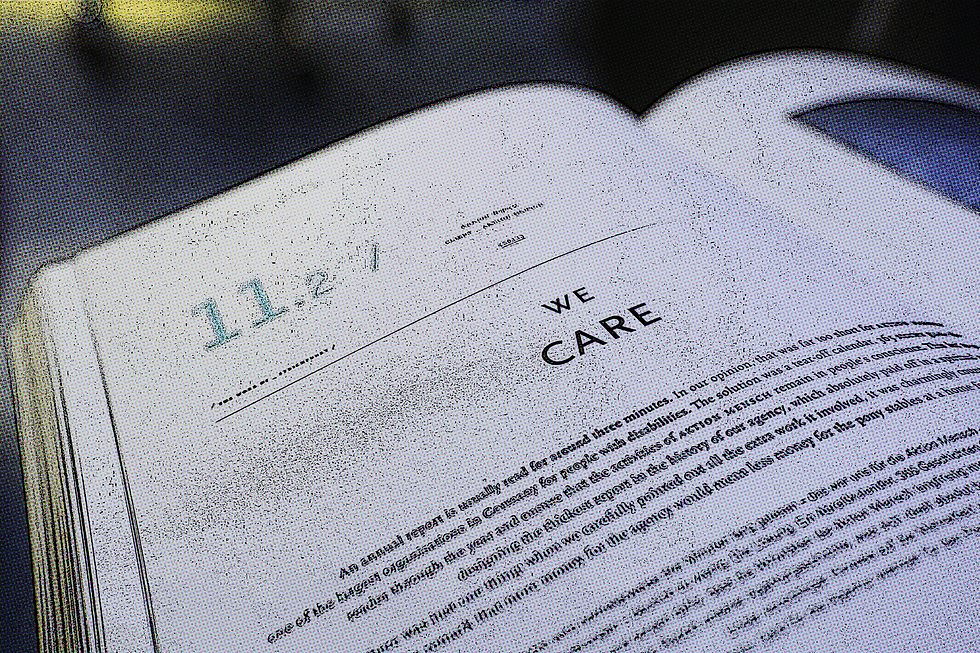
It’s not a secret that the coronavirus pandemic has forever changed our workforce and how we hire. There are currently more than 33 million Americans unemployed, which is a real unemployment rate of 20.6% - the highest it’s been since 1934.
When this ends, all of those people will be clamoring for jobs. As businesses open back up, we’ll likely see a hiring frenzy unlike any we’ve seen in our lifetime. Those who were unemployed will still be looking for jobs, projects that were on hold will be opened back up, and those who were working from home will be closely examining if they want to continue at their current company or look elsewhere.
When you’re working from home, the office environment disappears. All the in-office perks become irrelevant, and the only thing that will tie your employees to your company will be their loyalty to their company. If you haven’t kept them happy, well-paid, and taken care of, they’ll be off to look for another job as soon as the opportunity presents itself.
On that note, you’ll soon have tons of candidates coming to you applying for jobs you’re opening up. They’ll get into interviews with you, eager and ready to prove themselves, and at the end of the interview, they’ll ask you the number one question on their mind:
What did you do for your employees during the coronavirus pandemic?
This should also be the number one question on your mind because the answer is going to determine how many of your employees jump ship as soon as the coast is clear. If your response was slow, sluggish, and sloppy, you can say goodbye to most of your workforce. If you fought for your employees, if you made sure they were paid and gave them plenty of flexibility to take care of their families and mental health, then your employees will surely standby you and return to the office happily.
Now is the time that you need to think about how you would honestly answer that question. You won’t be able to lie about it either; your employees will be leaving their reviews all over Glassdoor, and your candidates will have already read them. It’s up to you whether they’ll be disgruntled or glowing.
Questions to Consider
Have you given your employees a flexible schedule to adjust to working from home?
Are you continuing to pay them what they deserve?
Did you allow them to move to remote work as soon as possible, or did you draw out their time in the office for the sake of being a stickler?
Do you let people take time off for extenuating circumstances, family emergencies, and mental health difficulties?
What about after the pandemic; is remote work going to remain a part of the company?
These are all things you should be thinking about, and if your answers to these questions aren’t things that would make any person jump at the chance to work for you, it’s time to make some changes. It’s better late than never!
Good Answers to the Question “How did your company handle the coronavirus pandemic?”
“We kept on as many of our employees as possible, and those we could not afford to were notified personally and given as many resources as possible to help in their job search, including letters of recommendation and networking assistance.”
“We had everyone working from home as soon as protective measures started going into place and employees began feeling uncomfortable. We made sure every employee had what they needed to work at home and succeed.”
“We gave everyone flexibility, understanding that people have families and need to take care of both themselves and their loved ones. We did weekly check-ins with supervisors to make sure our employees were in a good space to be able to work and live.”
“We implemented new policies to keep spirits high, like virtual happy hours and midday workout challenges. We made an effort to bring fun things into the workday, like sharing small jokes and playing little trivia games.”
“We were transparent and forthcoming at every step and always ensured that all employees knew what was happening and what was expected of them at every stage. We implemented an open-door policy for all managers and supervisors to help employees cope and adjust to their new everyday routines.”
Are you getting the gist? Now, you can’t lie and say you did these things if you didn’t; that should go without saying. However, if you haven’t done them yet, now would be a good time to get to the drawing board and start; better late than never. That way, when you have a candidate sitting in front of you, asking about how you took care of your employees during the worst unemployment crisis since the mid-1930s, you won’t have to fumble for an answer; you’ll be able to be honest and build up a team that gets excited to come to work.
Are you looking for more information about hiring during and after coronavirus? Visit our website https://www.syfter.com/content for more.


Comments